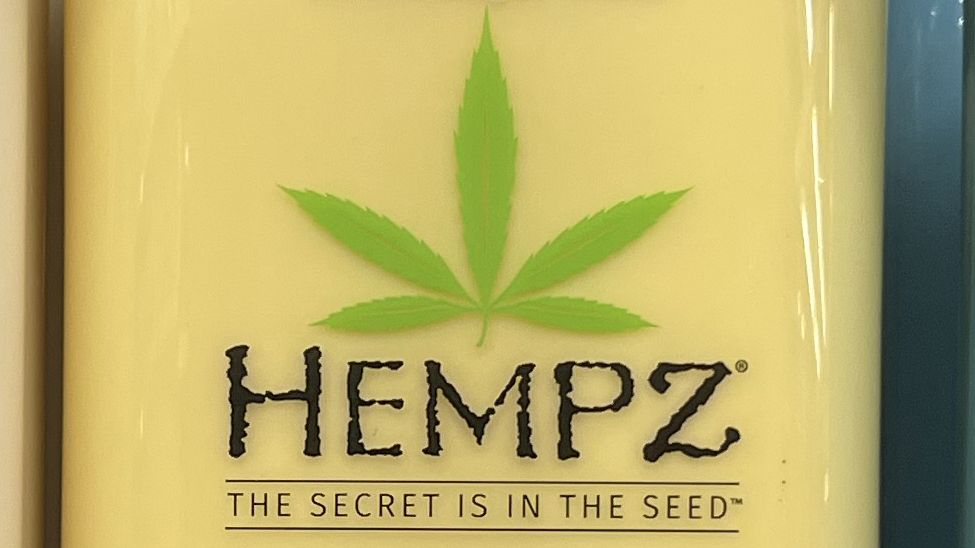When browsing hemp oil products, one term that often stands out is “cold-pressed.” While it may sound like a trendy buzzword, it actually describes an important extraction process that directly affects the oil’s quality, nutritional value, and price. For consumers seeking purity and effectiveness in hemp oil, understanding what cold-pressed means—and how it differs from other extraction methods—is key.
What “Cold-Pressed” Means
Cold-pressing refers to a mechanical extraction method that uses pressure, not heat or chemical solvents, to extract oil from hemp seeds. During this process, the seeds are pressed at relatively low temperatures—typically below 120°F (49°C)—to preserve delicate nutrients that can degrade under high heat. The oil that results is unrefined, rich in essential fatty acids, and often greenish in color with a nutty flavor.
According to the U.S. Department of Agriculture (USDA), cold-pressed oils retain more of their natural antioxidants, omega-3 and omega-6 fatty acids, and vitamins such as E and A than oils produced using heat or chemical solvents. This makes cold-pressed hemp oil particularly appealing to consumers seeking natural, minimally processed wellness products.
Does Cold-Pressed Mean Higher Quality?
In general, yes—cold-pressed hemp oil is considered higher quality, especially for nutritional and cosmetic applications. Because no solvents or high temperatures are used, the oil’s molecular integrity remains intact. This helps preserve key compounds like linoleic acid, alpha-linolenic acid, and gamma-linolenic acid, which contribute to skin health, inflammation reduction, and cardiovascular support.
However, “higher quality” depends on what the consumer is looking for. Cold-pressed hemp oil from seeds differs significantly from CBD oil derived from the plant’s flowers or leaves. While cold-pressed hemp seed oil is nutrient-rich and beneficial for the skin and body, it does not contain significant levels of cannabinoids such as CBD or THC. For consumers seeking those compounds, solvent or CO₂ extraction from the plant itself would be more relevant.
Purity and Shelf Life Considerations
Cold-pressed oils are typically unrefined, which means they can contain small amounts of seed particles and natural pigments. While this contributes to flavor and authenticity, it also makes them more perishable. Cold-pressed hemp oil should be stored in dark glass bottles and kept away from sunlight to prevent oxidation.
High-quality cold-pressed hemp oils will also indicate “virgin” or “first-press,” meaning the oil came from the first mechanical extraction rather than multiple pressings. These designations often reflect greater purity and nutritional density.
Final Thought
For consumers prioritizing natural ingredients, nutritional value, and eco-friendly extraction, cold-pressed hemp oil stands out as a superior option. While it may not deliver the cannabinoid content found in CBD oil, it offers unmatched nutritional richness and purity. Understanding this distinction empowers shoppers to make informed decisions and choose hemp oil products that best fit their wellness goals.
Read More: Dispensary-Grade vs. Store-Bought Hemp Oil: Testing, COAs, and Trust

